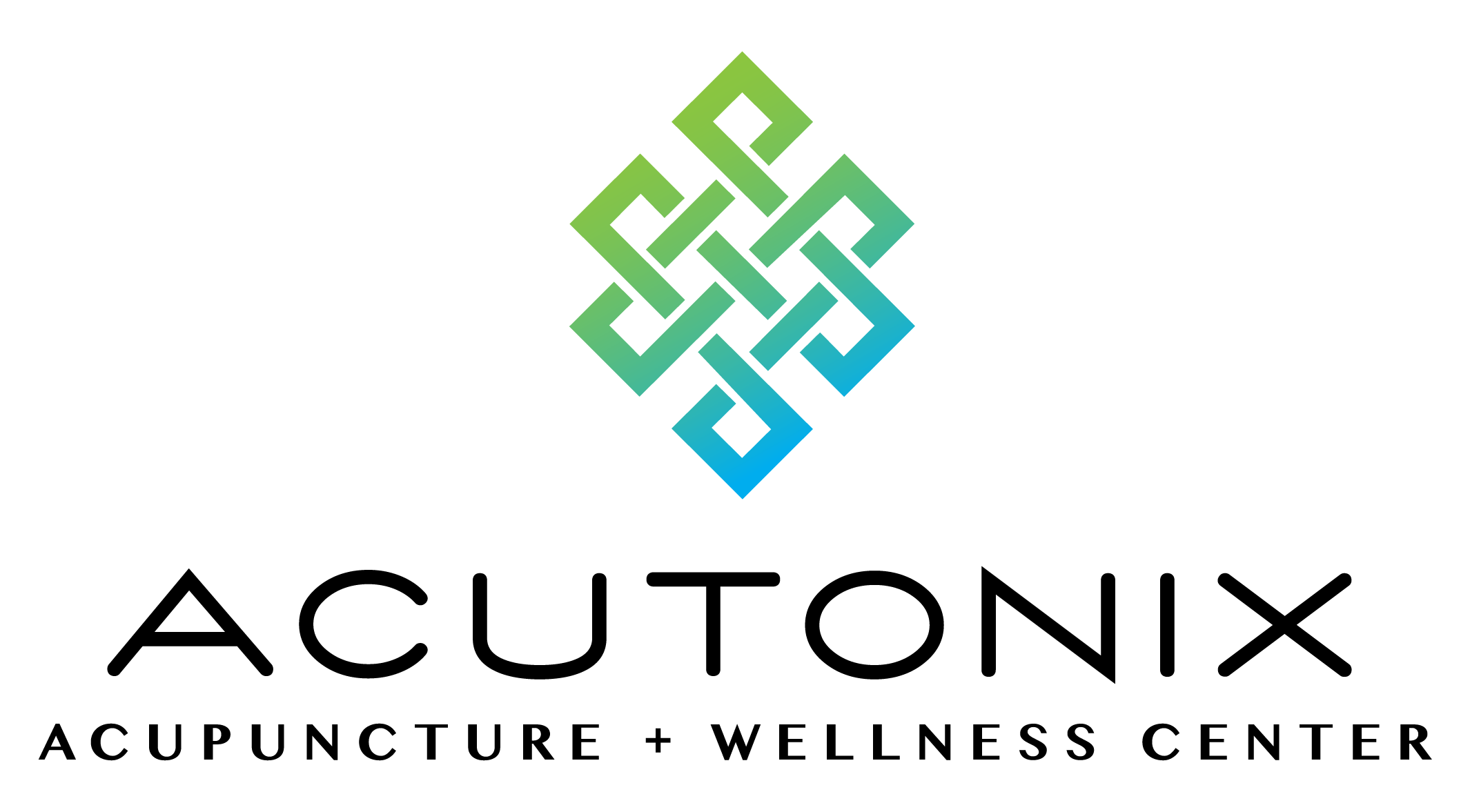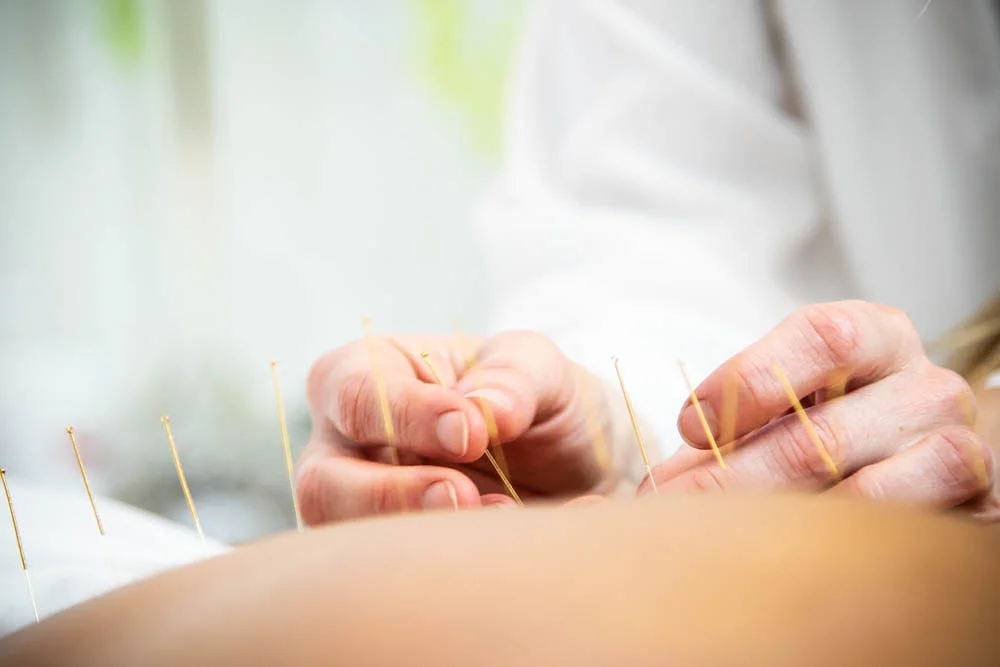Acutonix in Culver City Offers Acupuncture Treatment for a Variety of Conditions
Acupuncture is a form of Chinese Medicine that works in the following key ways:
• Acupuncture promotes blood flow. This is significant because everything the body needs to heal is in the blood, including oxygen, nutrients we absorb from food, immune substances, hormones, analgesics (painkillers), and anti-inflammatories. Restoring proper blood flow is vital to promoting and maintaining health. For example if blood flow is diminished by as little as 3 percent in the breast area, cancer may develop. Blood flow decreases as we age and can be impacted by trauma, injuries, and certain diseases. Acupuncture has been shown to increase blood flow and vasodilation in several regions of the body.
• Acupuncture stimulates the body’s built-in healing mechanisms. Acupuncture creates “micro traumas” that stimulate the body’s ability to spontaneously heal injuries to the tissue through nervous, immune and endocrine system activation. As the body heals the micro traumas induced by acupuncture, it also heals any surrounding tissue damage left over from old injuries.
• Acupuncture releases natural painkillers. Inserting a needle sends a signal through the nervous system to the brain, where chemicals such as endorphins, norepinephrine, and enkephalin are released. Some of these substances are 10 to 200 times more potent than morphine!
• Acupuncture reduces both the intensity and perception of chronic pain. It does this through a process called “descending control normalization," which involves the serotonergic nervous system.
• Acupuncture relaxes shortened muscles. This in turn releases pressure on joint structures and nerves, and promotes blood flow.
• Acupuncture reduces stress. This is perhaps the most important systemic effect of acupuncture. Recent research suggests that acupuncture stimulates the release of oxytocin, a hormone and signaling substance that regulates the parasympathetic nervous system. You’ve probably heard of the “fight-or-flight” response that is governed by the sympathetic nervous system. The parasympathetic nervous system has been called the “rest-and-digest” or “calm-and-connect” system, and in many ways is the opposite of the sympathetic system.
Recent research has implicated impaired parasympathetic function in a wide range of autoimmune diseases, including arthritis, lupus, rheumatoid arthritis, and inflammatory bowel disease. In a paper published online May 30 in Nature Neuroscience, a team at the University of Rochester Medical Center identifies the molecule adenosine as a central player in parlaying some of the effects of acupuncture in the body. Building on that knowledge, scientists were able to triple the beneficial effects of acupuncture in mice by adding a medication approved to treat leukemia in people.
At University of Rochester, research focuses on adenosine, a natural compound known for its role in regulating sleep, for its effects on the heart, and for its anti-inflammatory properties. But adenosine also acts as a natural painkiller, becoming active in the skin after an injury to inhibit nerve signals and ease pain in a way similar to lidocaine.
In the current study, scientists found that the chemical is also very active in deeper tissues affected by acupuncture. The Rochester researchers looked at the effects of acupuncture on the peripheral nervous system—the nerves in our body that aren’t part of the brain and spinal cord. The research complements a rich, established body of work showing that in the central nervous system, acupuncture creates signals that cause the brain to churn out natural pain-killing endorphins.


